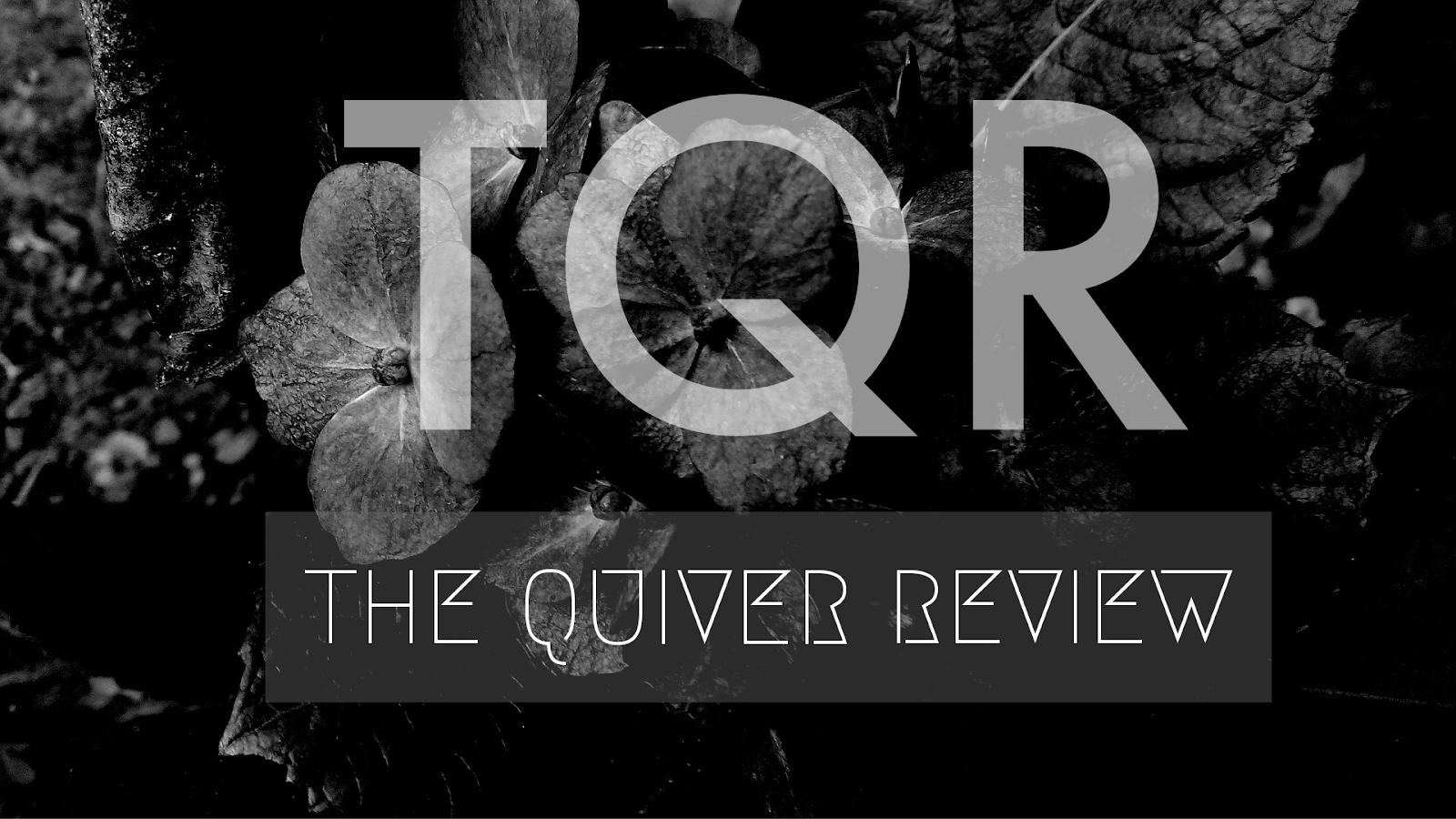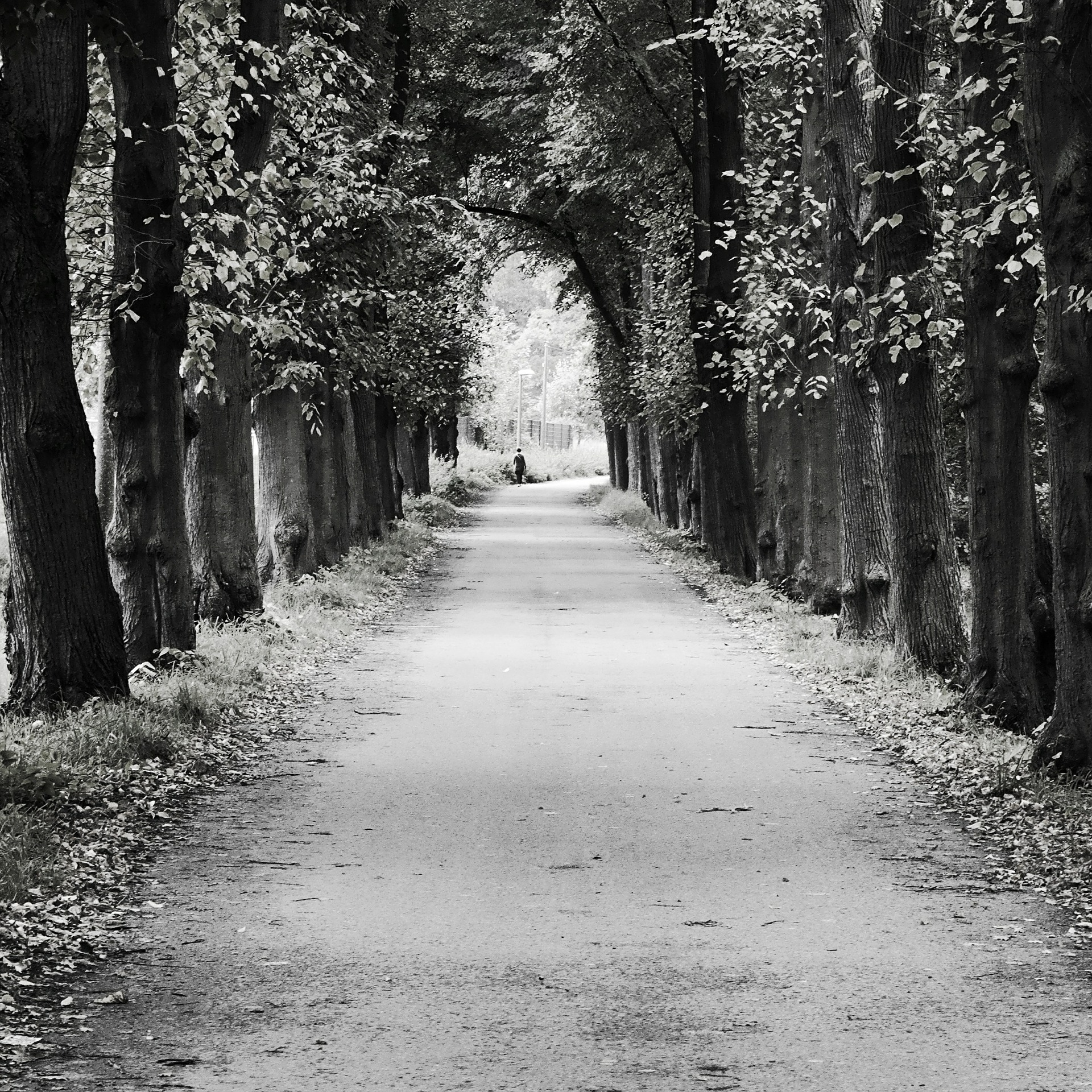Buddadev Bose and the Discovery of Jibanananda Das—Mozid Mahmud
Mozid Mahmud is a poet, novelist, and essayist based in Bangladesh. Some of his notable works include In Praise of Mahfuza (1989), Nazrul – Spokesman of the Third World (1996), and Rabindranath’s Travelogues (2010). He has been awarded the Rabindra-Nazrul Literary Prize and the country’s National Press Club Award, among others.
Buddadev Bose and the Discovery of Jibanananda Das
The Jibanananda Das we know today has been introduced to us by Buddhadev Bose. This is, one can say, a significant event in the history of Bengali literature. It is perhaps akin to Ezra Pound’s interventions in Eliot's The Waste land and The Love Song of J Alfred Prufock. Eliot referred to Pound as a master craftsman in his dedication to The Waste Land. The two poets were of similar age. Pound was only three years older than Eliot; But as a poet he was able to gain recognition before him. But in the case of Jibanananda Das and Buddhadev Bose, the opposite had happened. Although Buddhadev Bose was not Das’s “master,” so to speak, Jibanananda also began to gain some foothold in the world of self-congratulatory literature of the time due to his mastery of craft. Bose was almost a decade younger but both had by the thirties established themselves as powerful poets. At the age of twenty-eight, in 1927, Jibanananda Das's first book of poetry, Jharapalak, was published, but it did not attract much attention from the literary scene. In particular, his originality remained somewhat hidden due to the similarities between the tone of his poetry and the style of his predecessors, notably Kazi Nazrul Islam, Mohitlal Majumdar and Satyendranath Dutta. It was not until Jibanananda Das's Dhushor Pandulipi (‘Grey Manuscript’) was published in 1936 that the literary audience was moved by his specialty. And by that time, Bose already had several books of poetry under his belt. Especially 'Bandir Vandana' (1930), and 'Prithibir Pathe' (1933), which attracted the attention of his contempories and even Rabindranath Tagore; Moreover, through the editing of 'Pragati' and 'Kavita' magazines, he was a well-known literary figure then; his views were difficult for the Young Turks of the time to ignore. His efforts even accelerated the creation and recognition of the so-called Pandava dynasty in later Bengali poetry.
As Rabindranath himself showered words of hope on these contemporary poets, Jibanananda Das was somehow not included here. The ability to attract the reader’s attention through their good poetry is a good indicator of one’s ability as a poet at the time. Why coudn’t Jibanananda accomplish it right away?
Here, the charisma of a master craftsman like Buddhadev Bose came to his rescue. Soon after the publication of Jibanananda Das's Dhushor Pandulipi, Buddhadev Bose wrote a lengthy critique, forcing the reader to read this poet. According to him, such noble material had never been seen before in Bengali poetry; And this is where the greatness of Buddhadev Bose is concentrated. Buddhadev was a self-absorbed writer of the first order of Indian literature scene at the time of late-stage colonialism. He could have easily let Jibanananda remain in obscurity. But like his predecessors, Rabindranath and Nazrul, he saw literature above all else.
Buddhadev Bose referred to Das as the poet of nature. In this regard, he referred to him as a true poet of nature, despite the vast wealth of nature in the poetry of Wordsworth and Rabindranath. Although it was natural to see the poet of nature as a poet of rural life, Jibanananda Das had no vivid picture of rural life in his mind. Later, however, Buddhadev Bose was proven correct, when Das published his much celebrated Ruposi Bangla (‘Bengal, the Beautiful); although this book of poetry was not published during the lifetime of the poet.
Buddhadev Bose has tried to bring out Jibanananda Das in his discussion. Even then his name was shrouded in such obscurity that most people could not even pronounce his name correctly, according to Sriman Bose, people used to say 'Jivananda'. Although Buddhadeva appealed to his readers to find the similarity of a young Yeats, or in some cases Eliot in Das, it was evident that Jibanananda represented a complete novelty for Bengali poetry at the time. His idioms differed from those of his predecessors. Bose observed that Das had adopted the rhythm of Rabindranath's 'Balaka' but his movement was completely different. Buddhadev Bose did not forget to fear that there would be no reason to be surprised if Das had remained unknown in Bengali poetic society. But it must be acknowledged that Buddhadev Bose eased some of Jibanananda Das’s path toward recognition. As a result of Banalata Sen, Jibanananda Das was referred to as a love poet by ordinary poetry readers, but Buddhadev Bose felt that this poet was not in the mood to write love poems
About Jibanananda Dasa's poetry technique, Buddhadev Bose remarked that the poet's ear was very alert. He bent and stole the rhythm he wanted, turned it back and refashioned it. Any obstacle was deliberate on the poet’s part. He also mixed English words with Bengali in such a way that it seemed as if these words awaited such a relationship. Buddhadev Bose, however, did not forget to show where he turned to Shelley, Keats, Eliot or Yeats. But he never once said that these adoptions and assimilation would be bad for Bengali poetry, or for Jibanananda Das. There is evidence that almost all the poets of the thirties had read and were vastly influenced by the English literature of the time; but the power and innovation that Jibanananda Das introduced can not be attributed to anyone but him. Even after the publication of Banalata Sen, Buddhadev Bose saw him with the same degree of fascination.
Later, Jibanananda Das had matured enough but the poet's fame did not spread much for him. According to Buddhadev Bose, the Bengali poetry of the thirties was essentially a time of liberation from tradition; in that direction, Jibanananda Das was a significant figure. Soon after Jibanananda Das passed away, Buddhadev Bose wrote a lengthy essay titled 'In Memory of Jibanananda Das' in 1955. Reading the essay, I have keenly noticed that his later interpretation of Jibanananda does not have much new to say. It is more or less the same old information and commentary. It seemed that Bose’s work was done. Others had taken up the project to celebrate Das. The study and research of Jibananana Das’s works remain, to this day, vibrant and one has Bose to thank for starting it all.











Comments